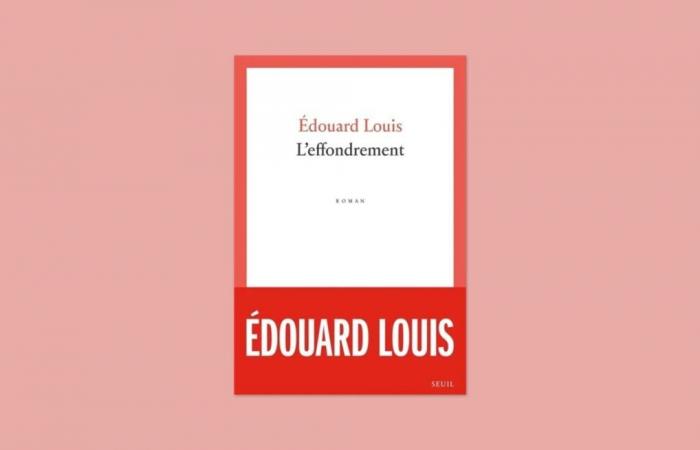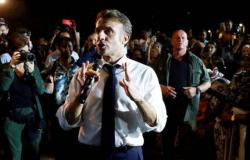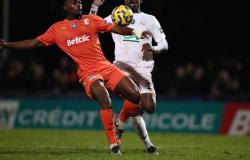With The collapseSince Put an end to Eddy Bellegueule passing through Who killed my father et Monique escapes (Seuil, 2014, 2021 and 2024), Édouard Louis puts an end to a cycle of seven books through which, between activism and self-narrative, he painted an unvarnished portrait of his working-class family from the north of France. A sort of stormy and battered family odyssey.
For Édouard Louis, whose thought bears the deep imprint of the sociologist Pierre Bourdieu, the individual, with some exceptions, can only be the toy of forces which crush him or which favor him.
The proof is perhaps his own trajectory as a “class defector” who reinvented himself as a successful writer, today translated all over the world, after a shattered childhood in a small village in the north of France. On the subject of his father, we remember, he also gave a story pointing the finger at employers and the political world, and testified on several occasions to his mother's attempts to rebuild her life far from the violence that she had always suffered. had to undergo.
With The collapsethis time, between revolt and helplessness, the 32-year-old writer looks at the destiny of his older brother, who seemed to him to condense all the family defects that he tried to escape. Alcoholic, violent, racist and homophobic. Like an inverted mirror.
Three years ago, upon hearing the news of the death of his brother whom he had not seen for ten years, whom he knew little and whom he did not wish to see again, Édouard Louis says he did not feel ” neither sadness, nor despair, nor joy, nor pleasure.” This brother, seen in their entourage as the failure of the family, died at 38, who was found “collapsed on the floor of his apartment […] like an animal in agony, like a beast”, had methodically destroyed himself with drugs and alcohol.
“I often hated my brother, but I must understand his life,” writes Édouard Louis, believing that he was “sick of his dreams”, too vast and “out of adjustment in relation to his existence”. He who could have been content to want what everyone around him wanted, a job, a house, a car.
But trying to understand his brother is once again the path he takes to understand his own family, whose story appears to him to be a true “tragedy”. Édouard Louis' father suffered from poverty and factory life. Consequently, he was violent towards his wife who, in turn, transferred this violence to his children. “The violence circulated between our bodies, like a flow, like an electric current. She was everywhere, she belonged to no one. »
How can you die at 38? His “investigation” leaves him with only hypotheses, the maps of an enigma which can hardly be reduced to his usual sociological analysis grid or to a cocktail of “social determinisms”: masculinity, poverty, delinquency, alcoholism.
Nothing to do, this man gave him the impression of struggling in quicksand, sinking deeper each time he tried to escape. Whose fault is it? “I don’t know,” admits Édouard Louis, this time short of explanations, less accusatory.






